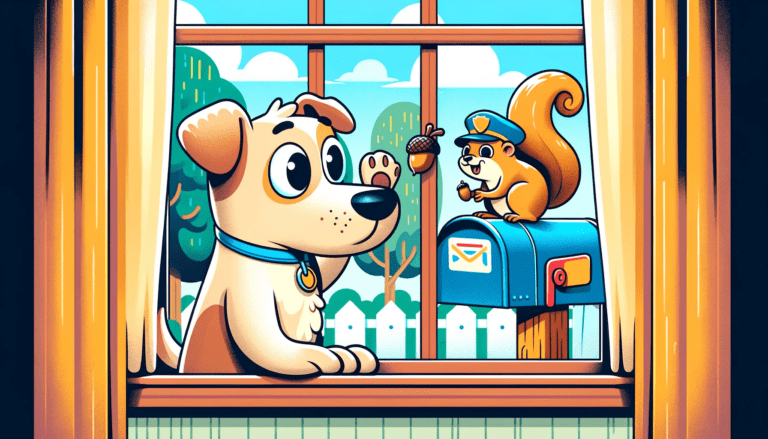Why You Should Crate Train an Older Rescue Dog
If you have recently adopted an older rescue dog, you may be wondering if crate training is still necessary. While crate training may be more commonly associated with puppies, it can actually be beneficial for older dogs as well, especially those who are new to your home. In this blog, we’ll explore some of the reasons why you should consider crate training an older rescue dog.
- Promotes Safety
First and foremost, crate training can help keep your older rescue dog safe. Many older dogs may have never been trained properly, which can result in destructive behavior, such as chewing on furniture or getting into things they shouldn’t. By crate training your dog, you can create a safe space for them where they can’t get into trouble when you’re not around.
- Helps with Housetraining
Crate training can also be helpful for housetraining your older rescue dog. Many older dogs may have been used to going potty wherever they please, and crate training can help establish a routine and prevent accidents in the house. By keeping your dog in a crate when you’re not home or when you’re unable to supervise them, you can help them learn to hold their bladder and bowel movements until it’s time to go outside.
- Reduces Anxiety
Adjusting to a new home can be stressful for any dog, but it can be especially difficult for older rescue dogs who may have experienced trauma in their past. Crate training can provide a safe and comfortable space for your dog to retreat to when they feel anxious or overwhelmed. The crate can become a calming refuge for your dog and help them feel more secure in their new environment.
- Facilitates Travel
If you like to travel with your dog, crate training can be a huge benefit. Many airlines require dogs to be crated during flights, and having a crate-trained dog can make traveling less stressful for both you and your dog. Additionally, if you need to leave your dog with a pet sitter or at a boarding facility, having a crate-trained dog can make the transition easier for them.
- Helps with Separation Anxiety
Finally, crate training can be helpful for older rescue dogs who suffer from separation anxiety. Dogs who experience anxiety when left alone may benefit from being in a crate because it provides them with a sense of security and can help prevent destructive behavior. It’s important to note that crate training should never be used as a punishment for separation anxiety, but rather as a tool to help your dog feel more comfortable when you’re away.
In conclusion, crate training an older rescue dog can be a great way to help them adjust to their new home, feel safe and secure, and prevent destructive behavior. If you’re unsure about how to begin crate training your dog, consult with a professional dog trainer who can guide you through the process and ensure that your dog is comfortable and happy in their crate. With patience and consistency, crate training can be a positive experience for both you and your dog.






